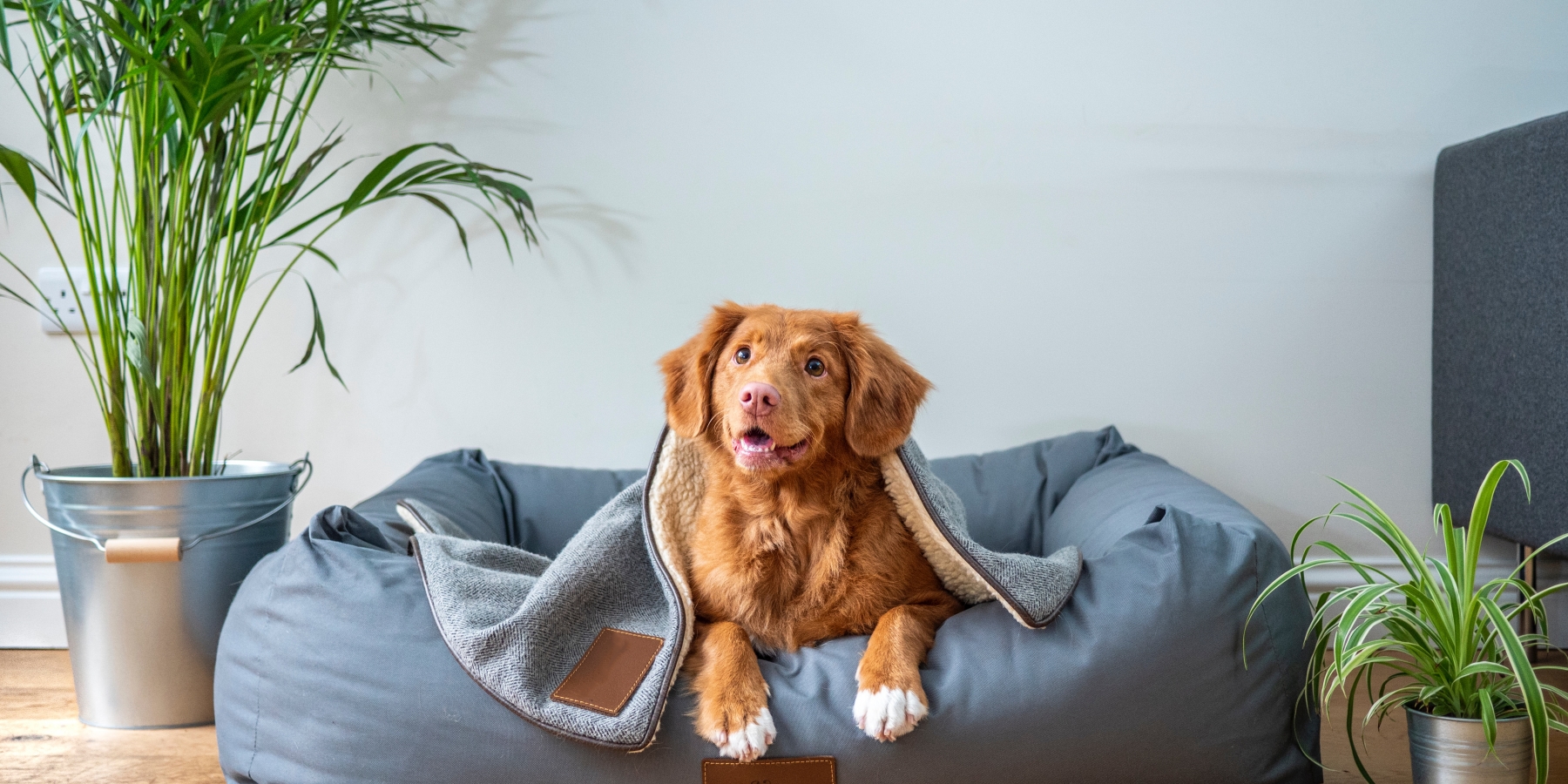A good night's sleep is essential for dogs, just as it is for humans. However, various factors can lead to insufficient sleep in dogs, affecting their overall well-being. In this article, we'll explore the factors that can disrupt a dog's sleep and the differences in their effects.
Health Issues
Health problems can significantly impact a dog's sleep. Certain medical conditions, such as pain from arthritis, gastrointestinal discomfort, or skin irritations, can cause restlessness and discomfort, leading to interrupted sleep. Additionally, dogs with conditions like sleep apnea or epilepsy may experience sleep disruptions due to their underlying health issues.
Stress and Anxiety
Stress and anxiety are common causes of sleep disturbances in dogs. Events such as thunderstorms, fireworks, separation from their owners, or changes in their environment can trigger anxiety and lead to sleepless nights. Dogs with separation anxiety may exhibit restless behavior, vocalizations, and excessive movement during the night.
Age-Related Changes
As dogs age, they may experience changes in their sleep patterns. Senior dogs, in particular, may have difficulty getting a full night's sleep due to factors like cognitive dysfunction or physical discomfort. They may wake up more frequently during the night or have trouble settling down for extended periods of rest.
Environmental Factors
Environmental factors play a significant role in a dog's sleep quality. Noises from construction, traffic, or even other pets in the household can disrupt a dog's sleep cycle. Additionally, extreme temperatures—whether too hot or too cold—can make it uncomfortable for dogs to rest peacefully.
Lack of Physical and Mental Stimulation
Dogs need both physical and mental stimulation to tire them out and promote restful sleep. A lack of exercise and mental engagement can lead to excess energy, making it difficult for dogs to settle down at night. Breeds with high energy levels, such as Border Collies or Labrador Retrievers, may be more prone to sleep disruptions when not adequately stimulated.
Poor Sleep Environment
Creating a comfortable sleep environment is crucial for dogs. Uncomfortable bedding, insufficient darkness, or overcrowded sleeping spaces can all affect a dog's ability to get quality sleep. Providing a cozy and quiet sleeping area can help improve their sleep quality.
Dietary Factors
Diet can also impact a dog's sleep. Feeding too close to bedtime may lead to digestive discomfort or frequent trips outside for bathroom breaks. Additionally, certain ingredients in commercial dog food, such as caffeine or excessive sugar, can interfere with sleep.
Breed Differences
Different dog breeds have varying sleep needs and habits. Some breeds are known for being more prone to sleep disturbances due to their genetics or physical characteristics. For example, brachycephalic breeds with flat faces, like Bulldogs and Pugs, may experience breathing difficulties that disrupt their sleep.
Conclusion
several factors can contribute to a dog's insufficient sleep, affecting their overall quality of life. These factors range from health issues and anxiety to environmental conditions and breed-specific characteristics.
Recognizing the specific factors that may be disrupting your dog's sleep is the first step in addressing the issue and ensuring that your furry companion gets the rest they need.
How long do dogs sleep is an important consideration, but ensuring the quality of their sleep is equally essential for their well-being.


